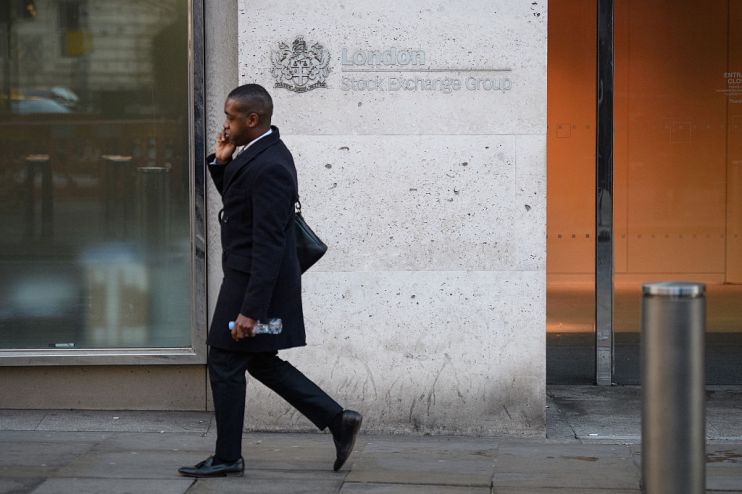Over 70 per cent of black City workers have suffered discrimination at work

More than half of the UK’s black financial services professionals don’t believe they have equal opportunities at work and more than 70 per cent say they have experienced discrimination at work, according to a new survey that reveals just how far the City has to go in terms of workplace equality.
The detailed survey of 800 employees from 440 UK financial services firms representing almost £1.4trn in annual revenue by diversity group Reboot also revealed that almost half (46 per cent) of black employees believe the ingrained working culture of their business has made it harder for them to progress up the career ladder.
Although some firms in the sector have made efforts to diversify, separate data suggests the UK is regressing, after boardroom diversity dropped to zero this year for the first time since 2014.
There are no black executives in any of the top three roles – chairman, chief executive officer and chief financial officer – in any of the UK’s FTSE100 firms, according to recruitment consultancy Green Park.
This new Reboot survey shines a light on the cultural issues behind these stark figures, which also suggested black representation at the top of UK businesses is unlikely to improve in the near future, as the number of people in the leadership pipeline stands at less than one per cent.
Behind the alarming seven in 10 figures, those who had experienced discrimination in the workplace largely put it down to high levels of tolerance for discriminatory behaviour, with only six in ten black employees believing racial, ethnic and gender-based jokes are not tolerated in their company.
And only half (53 per cent) of black employees said they feel comfortable enough to talk about their backgrounds and culture with colleagues – the lowest of any ethnic group surveyed – while 27 per cent said they feel the need to alter their behaviour to fit in.
Black respondents to the survey, which includes Black, African, Caribbean or Black British backgrounds in financial services roles, had the worst score (52 per cent) for believing they do not have equal opportunities at work out of any ethnic group surveyed – miles below the 16 per cent of white employees who feel the same.
“Despite a surge in the national conversation around racial diversity, far greater action is needed if we’re to start moving the dial in terms of achieving representation, and crucially inclusion across the industry,” said Mary FitzPatrick, global head of diversity and inclusion at Rolls Royce, who also serves as an advisory board member at Reboot.
“If progress is to be made, the tone needs to be set from the top. Business leaders need to take diversity and inclusion seriously and consider it top of the corporate agenda,” she continued.
“This includes regularly listening to ethnic minority employees at all levels, acting as senior sponsors and allies for younger black employees and updating and evolving training programmes and recruitment policies to improve awareness and representation.”
It comes a month after the latest figures revealed that the number of discrimination claims leading to employment tribunals in the UK soared 48 per cent last year.
There were a total of 3,641 employment tribunal cases for race discrimination in 2020, according to data from the Advisory, Conciliation and Arbitration Service (ACAS).
The surge in cases in 2020 came amid both the global Black Lives Matter movement and the height of the pandemic which hit ethnic minorities hardest.